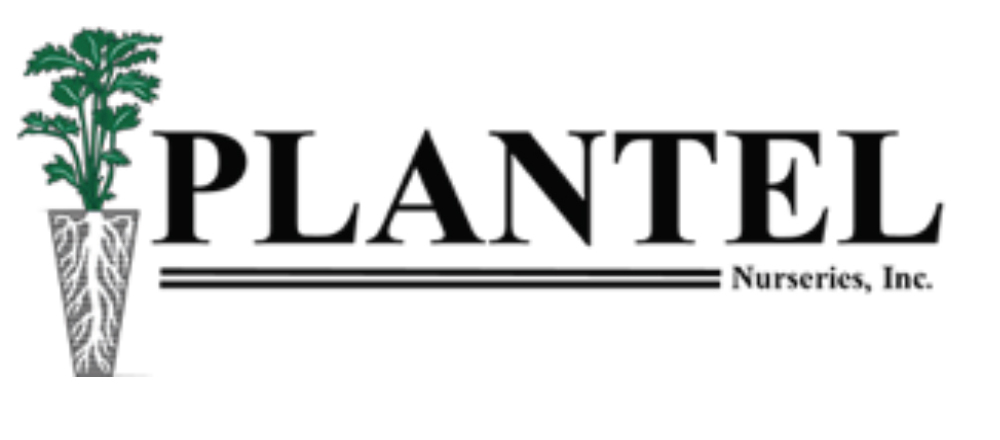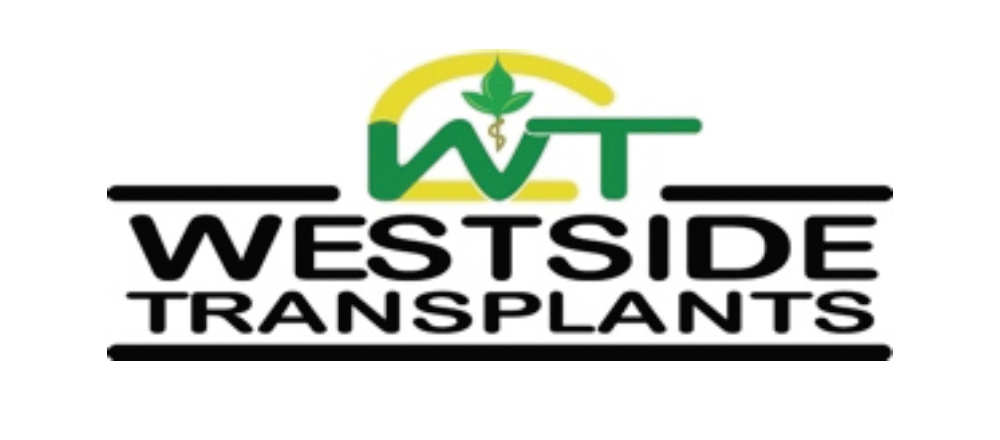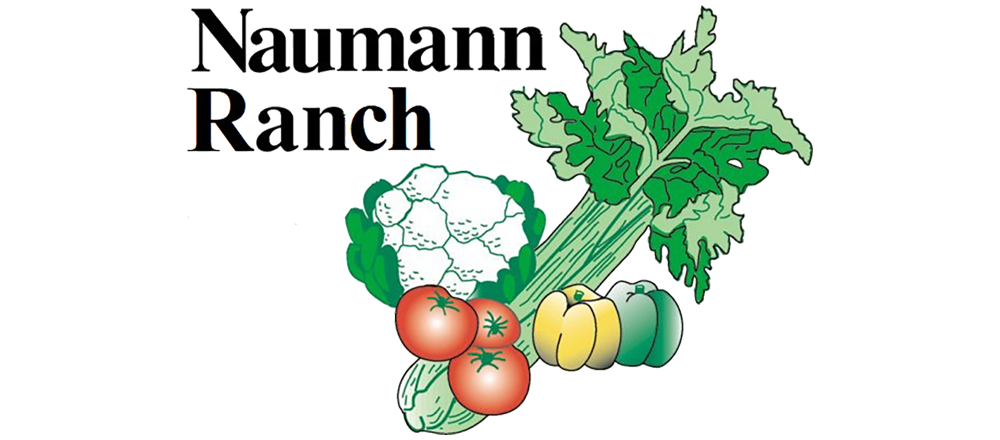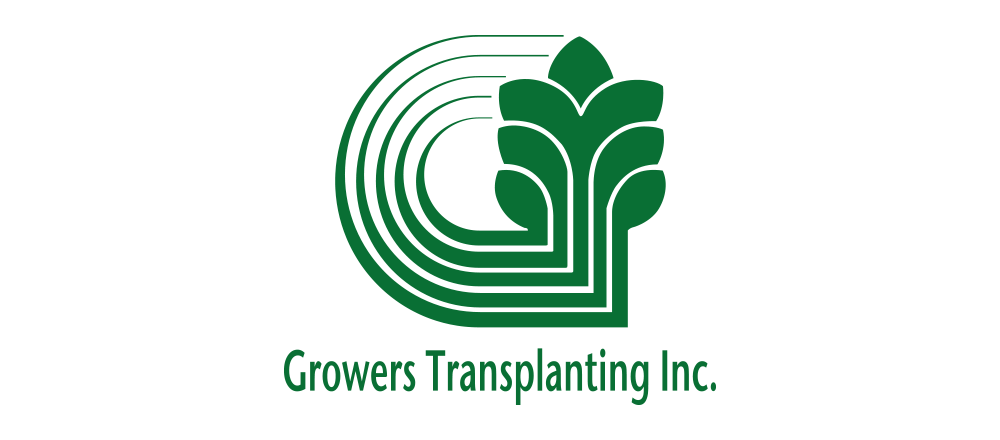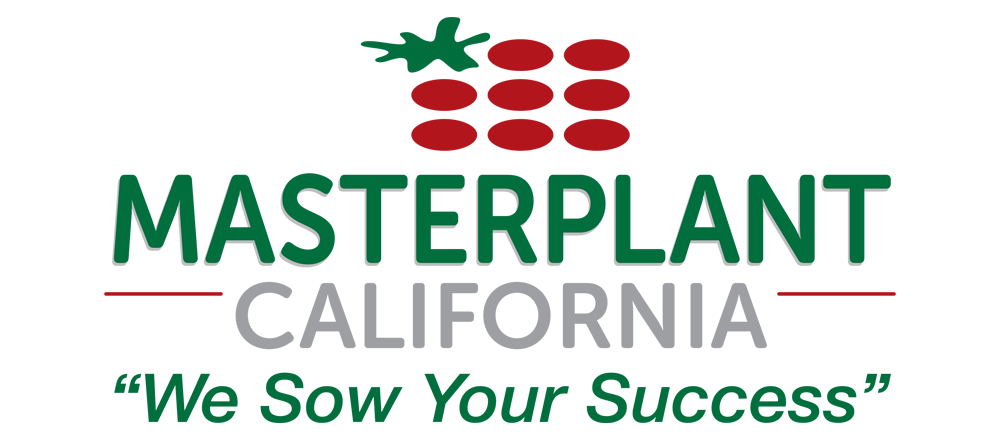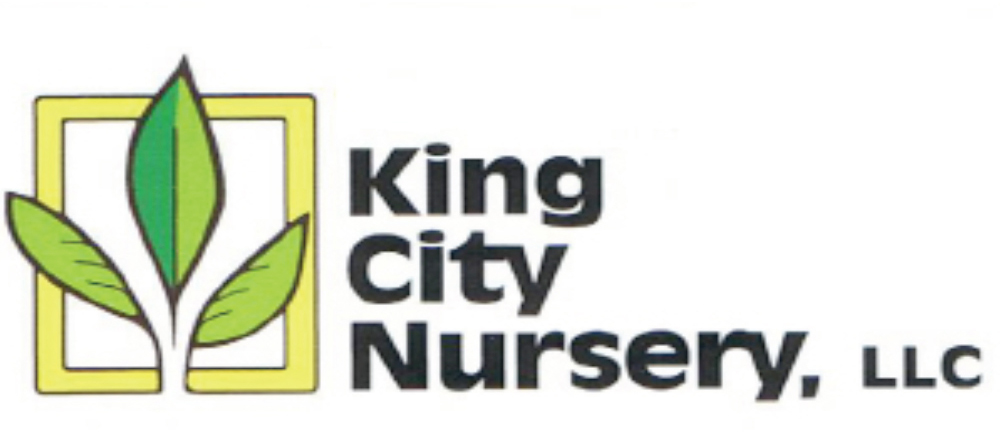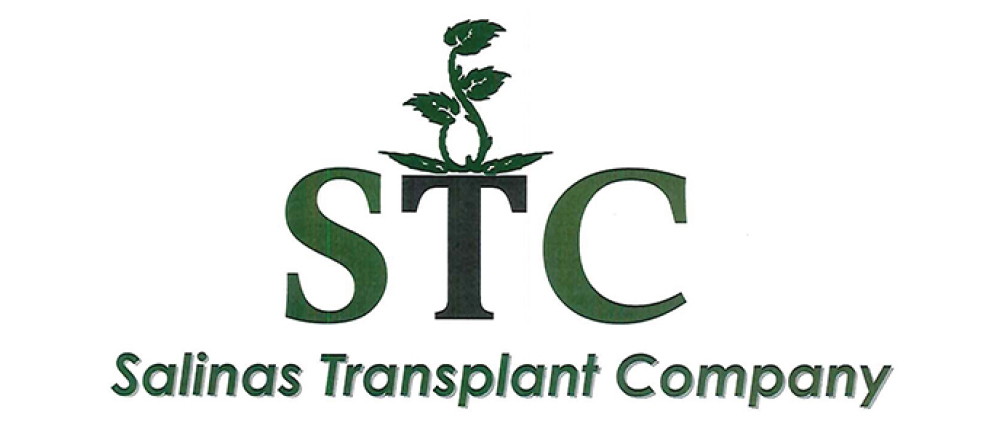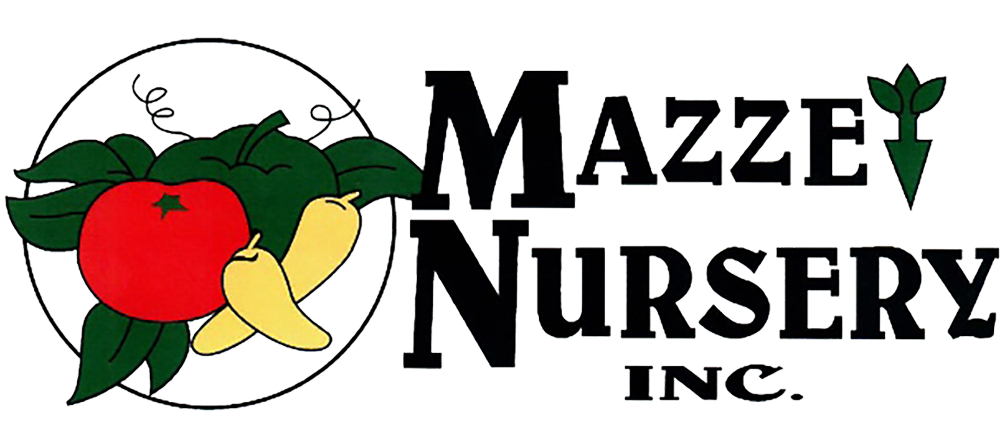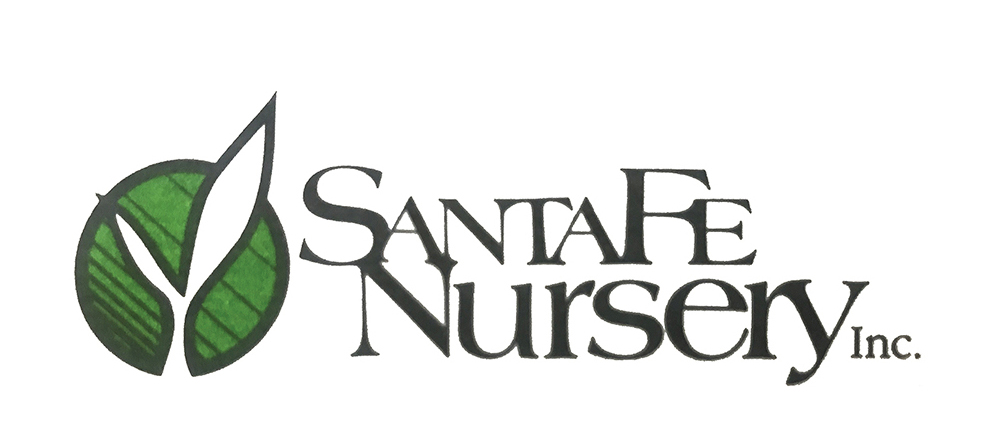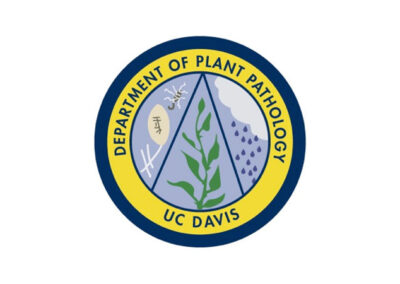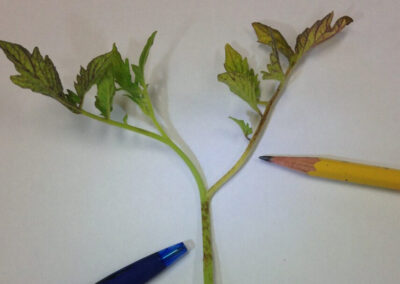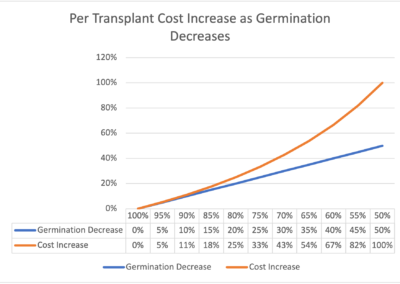Leaders in High Quality
Vegetable Transplant Production
About
The VTNA is a 501(c)(6) business league of Vegetable Transplant Nursery producers that represents the majority of vegetable transplant nurseries in California, Arizona and Oregon. Our mission is to promote the benefits of vegetable transplants and to protect and improve the business conditions of our members by providing support and direction in maintaining vegetable transplant business operations. Further, the VTNA is committed to developing vegetable transplant industry standards.
Organic
75% of our members raise organic transplants.
All of our members who raise organic transplants also raise conventional transplants.
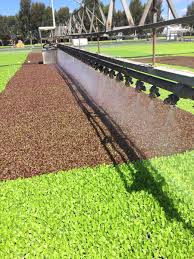
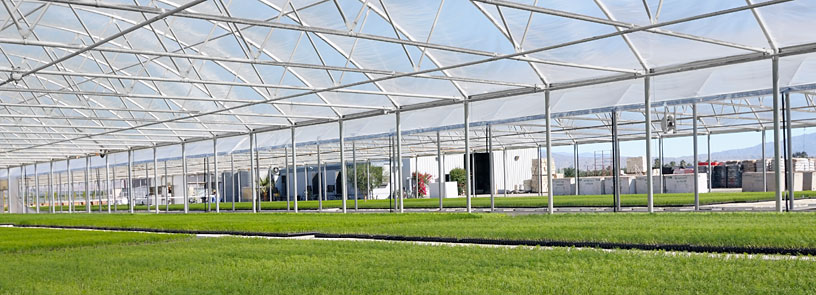
Our Members
Any individual or company located in the USA which is engaged in the business of growing vegetable transplants is eligible for membership in the VTNA.
Some members have websites, click the logos to learn more.


Seed Quality
Vegetable seed is the most important input for vegetable transplant production and dramatically impacts plant quality and nursery productivity.
Seedborne diseases are a serious problem in the nursery environment, potentially reducing yields in both greenhouse and field. For this reason, the VTNA has made a list of pathogens which must not be present in seed provided to our nurseries. Providing tested seed will not eliminate the chance of disease, because low levels of disease in seed may escape detection, but it will reduce the risk. Low germination and low seed vigor can also adversely affect the uniformity and performance of the transplants.
As such, the VTNA has composed the following list of expected germination and required seed tests by crop.
Crop | Greenhouse Germination % | Pathogens | Disorders |
Artichoke | 75% | ||
Brassicas (Broccoli, Brussels Sprouts, Cauliflower, Cabbage) | 90% | Black Rot | |
Celery | 85% | Septoria | |
Cucurbits (Cucumber, Melons, Squash, Watermelon) | 90% | CGMMV, Gummy Stem Blight, Bacterial Fruit Blotch | |
Eggplant | 90% | ||
Leeks | 90% | ||
Lettuce (All Types) | 95% | ||
Pepper (Bell & Chile) | 90% | Bacterial Leaf Spot, Bacterial Wilt, Brown Rugose Virus | |
Radicchio | 85% | ||
Tomato (Fresh & Processing) | 90% | Bacterial Speck, Bacterial Canker, Bacterial Spot, Brown Rugose Virus | Zebra Stem Disorder, Blind Plants |
VTNA requires all seed to achieve the germinations listed above.
VTNA requires all seed to be free from all pathogens and disorders listed above.
Nurseries that receive seed that performs below these standards may look for remedy in any of the following ways:
- Rejection of below standard seed
- Substitution with better quality seed if available
- Additional charges to customer to compensate for productivity loss
Why do farmers plant transplants vs direct seeding?
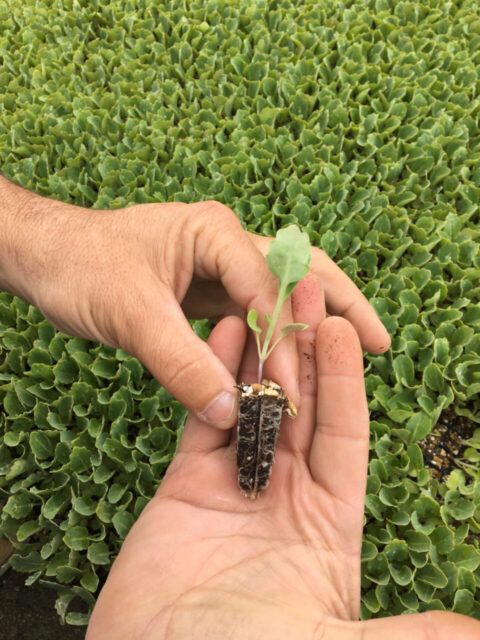
- Better seed germination = lower seed cost
- Less seed required
- More reliable and more uniform stands in the field
- Water conservation: less water used to germinate seed in a greenhouse than in the field
- Better weed control which is especially important for Organic Farmers
- Fewer insect and disease problems
- Increased number of crop turns per field
- Better compatibility with new field technologies due to better uniformity
- Higher yields and reduced costs making organic crops more competitive with conventional crops
Projects
The VTNA supports research on improving the quality and reliability of vegetable transplants.

